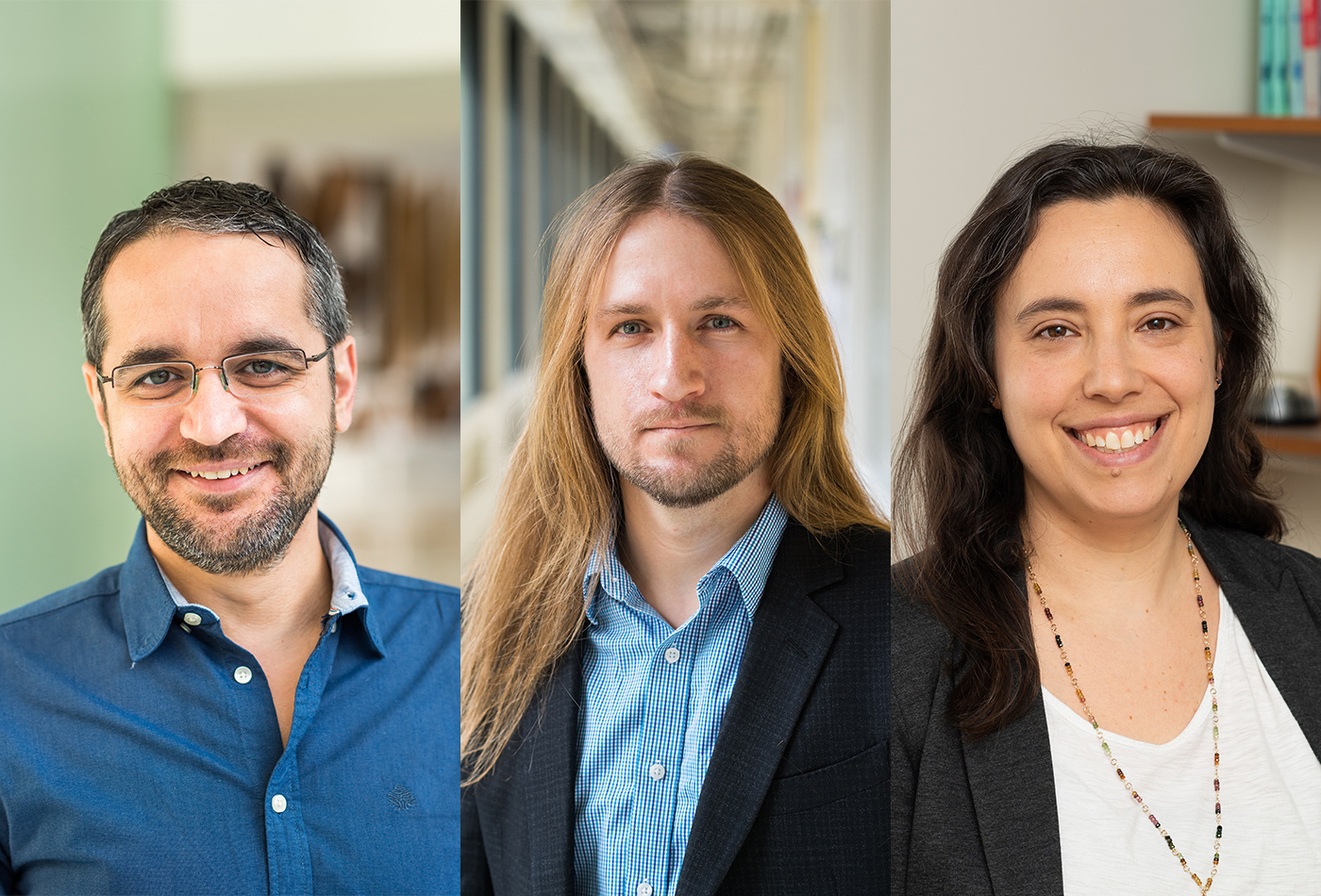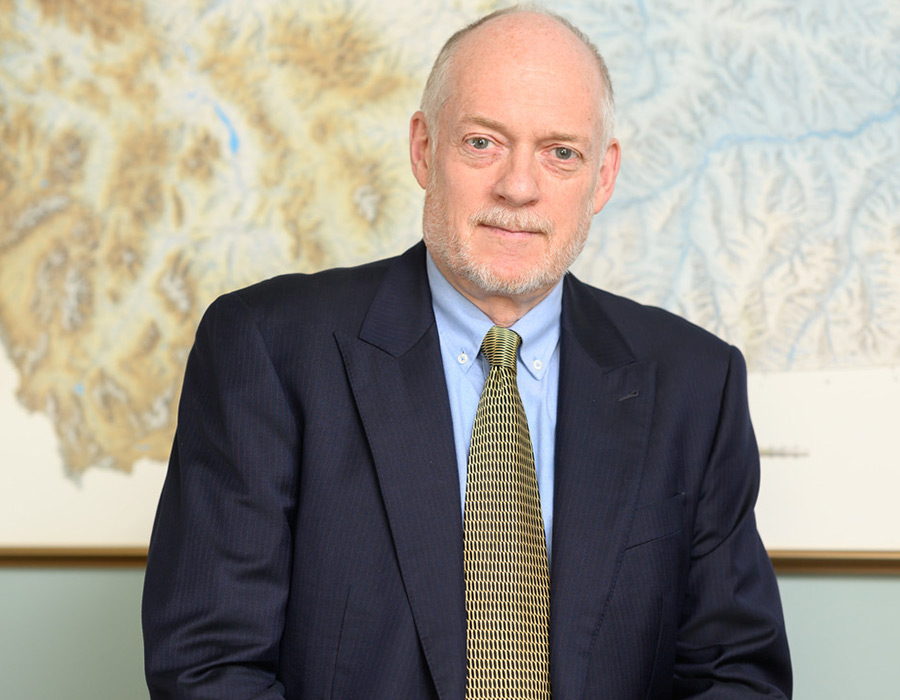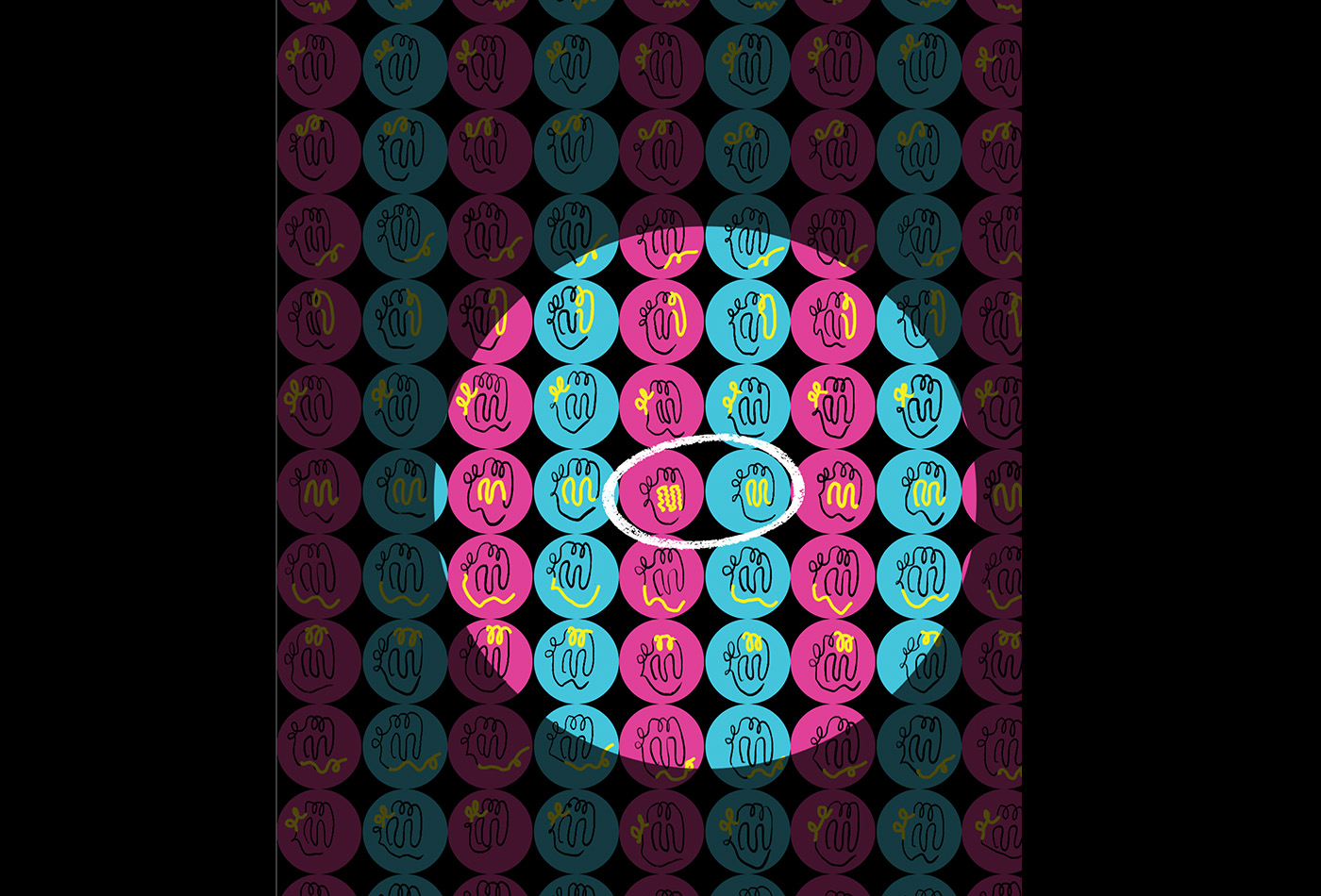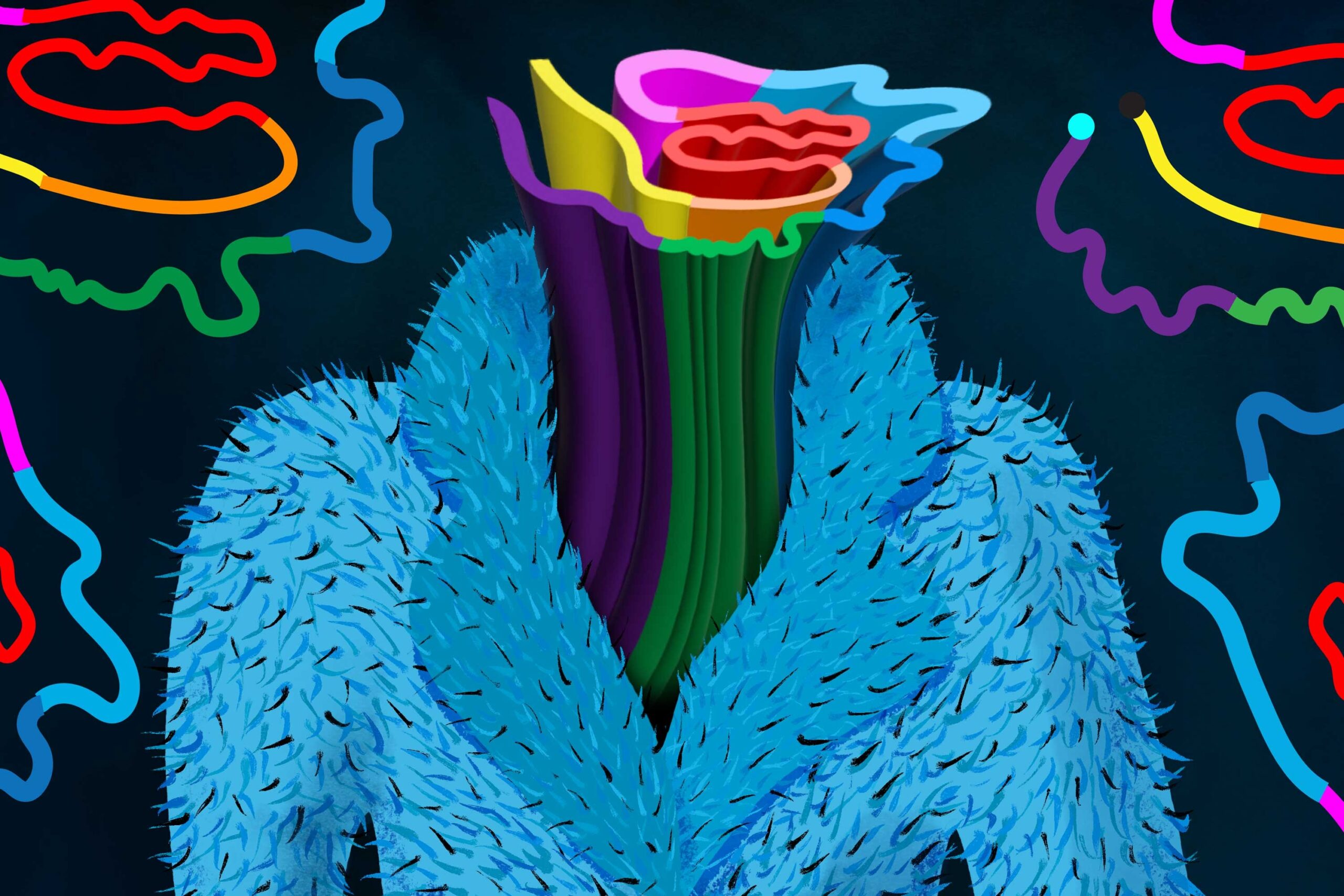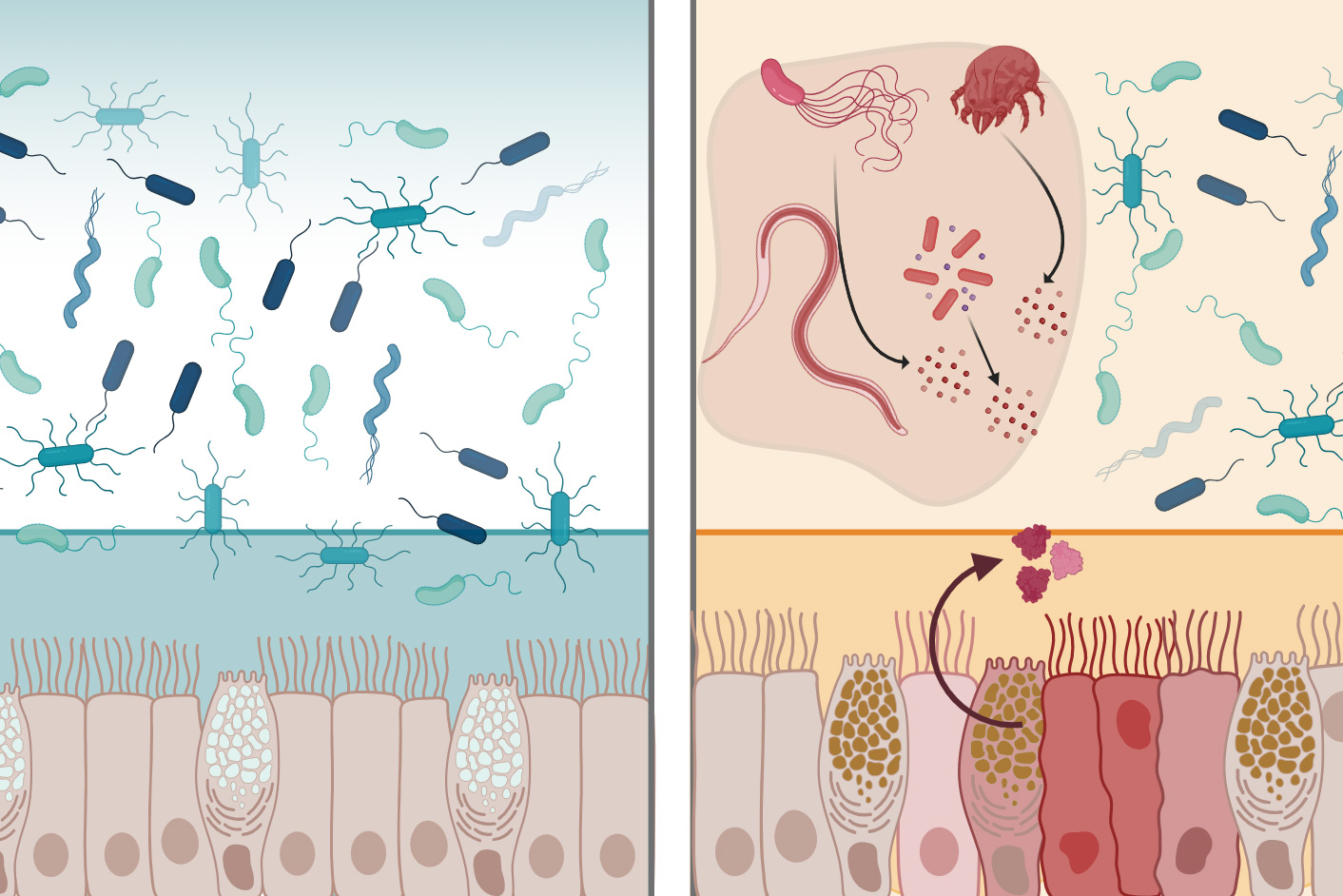Dincă, Johnson, and Schlau-Cohen Receive Promotions
Three members of the Department of Chemistry faculty will be promoted effective July 1, 2020.
The Department of Chemistry has recently approved the promotions of three faculty members. Associate Professor with Tenure Mircea Dincă and Associate Professor with Tenure Jeremiah Johnson have been promoted to Full Professor, and Gabriela Schlau-Cohen, currently the Cabot Career Development Assistant Professor, has been promoted to Associate Professor without Tenure. All promotions are effective July 1, 2020.
Dincă received his B.S. from Princeton University in 2003, and his Ph.D. from the University of California, Berkeley in 2008. After completing postdoctoral studies at MIT, he joined the Chemistry faculty in 2010. The Dincă Lab focuses on the synthesis and characterization of new inorganic and organic materials for applications in small molecule transformations (e.g. CO2 and O2 reduction, and natural gas conversion), energy conversion and storage, sensing, gas separation, and biotechnology. By designing and synthesizing new materials, we also hope to learn more about fundamental processes such as electron and ion transport through ordered solids, the reactivity and electrochemistry of low-coordinate metal ions in porous crystals, the effects of conformational changes on the electronic properties of molecules, and the behavior of materials at the interface with solid-state devices and biological media.
Johnson received his B.S. from Washington University in St. Louis in 2004 , and his Ph.D. from Columbia University in 2009. Following postdoctoral work at California Institute of Technology, he joined the Chemistry faculty in 2011. The Johnson laboratory seeks creative, macromolecular solutions to problems at the interface of chemistry, medicine, biology, and materials science. Materials synthesis is approached in an analogous manner to natural-products synthesis; an interesting target structure is chosen and a synthetic scheme is designed to access that structure as efficiently as possible. The targets are designed de novo from careful consideration of the specific needs of a given application and with a particular emphasis on function. The tools of traditional organic and organometallic synthesis, synthetic polymer chemistry, photochemistry, surface science, and biopolymer engineering are combined to realize the designs.
Schlau-Cohen received her Sc.B. from Brown University in 2003, and her Ph.D. from the University of California, Berkeley in 2011. After a postdocotral fellowship at Stanford University, she joined the Department of Chemistry in 2015. Research in the Schlau-Cohen group is inherently multidisciplinary; they combine tools from chemistry, optics, biology, and microscopy to develop new approaches to probe dynamics. The group studies dynamics in two classes of systems: biological and bio-inspired light-harvesting systems that are of interest to solar energy research and biomass production; and bacterial and mammalian receptor proteins that are targets for human therapeutics. To explore these systems, they use ultrafast transient absorption spectroscopy, single-molecule fluorescence spectroscopy, and develop model membrane systems.

